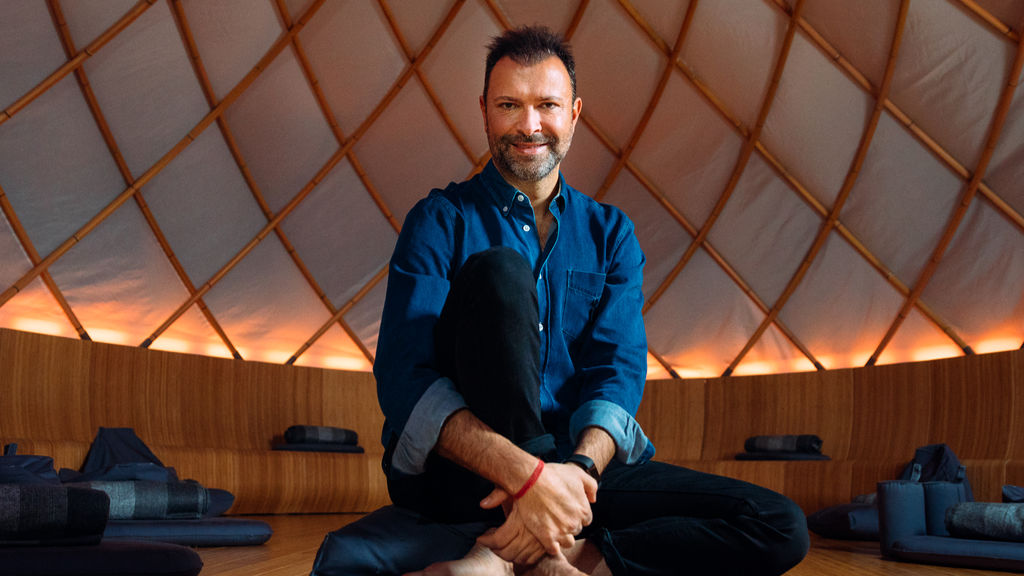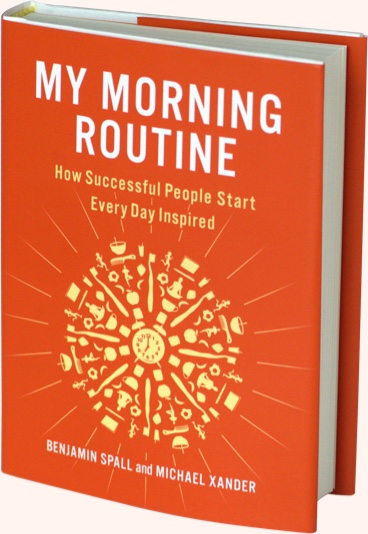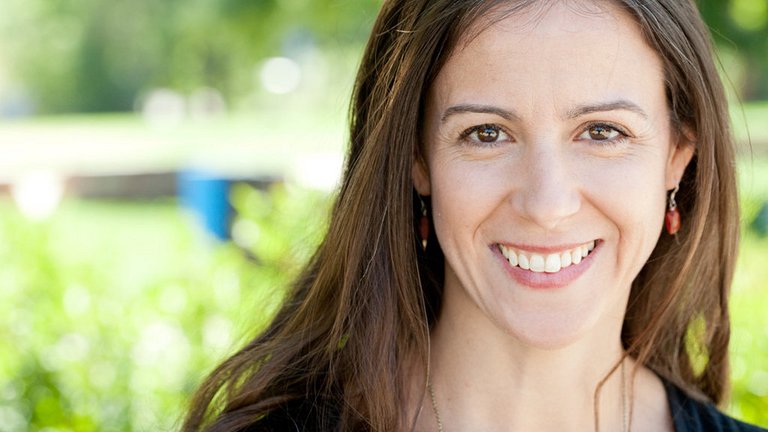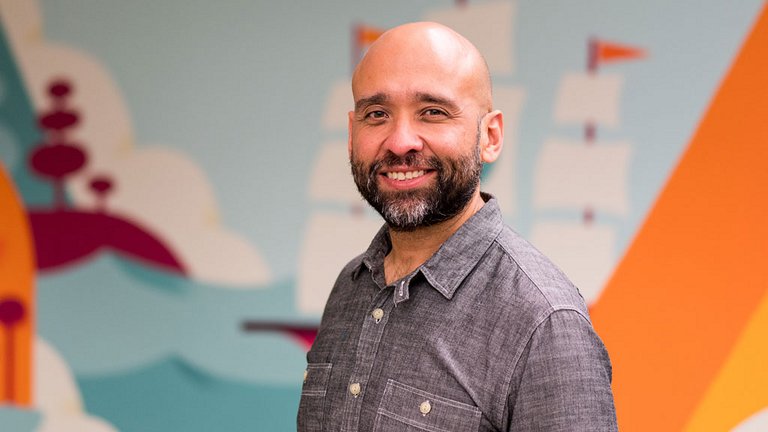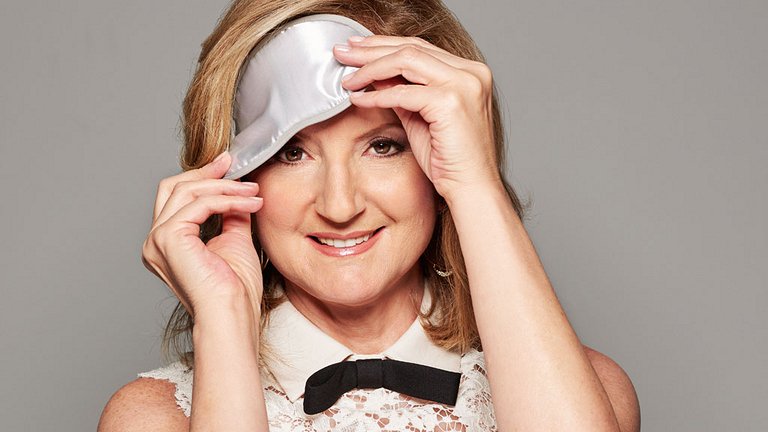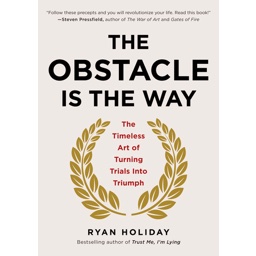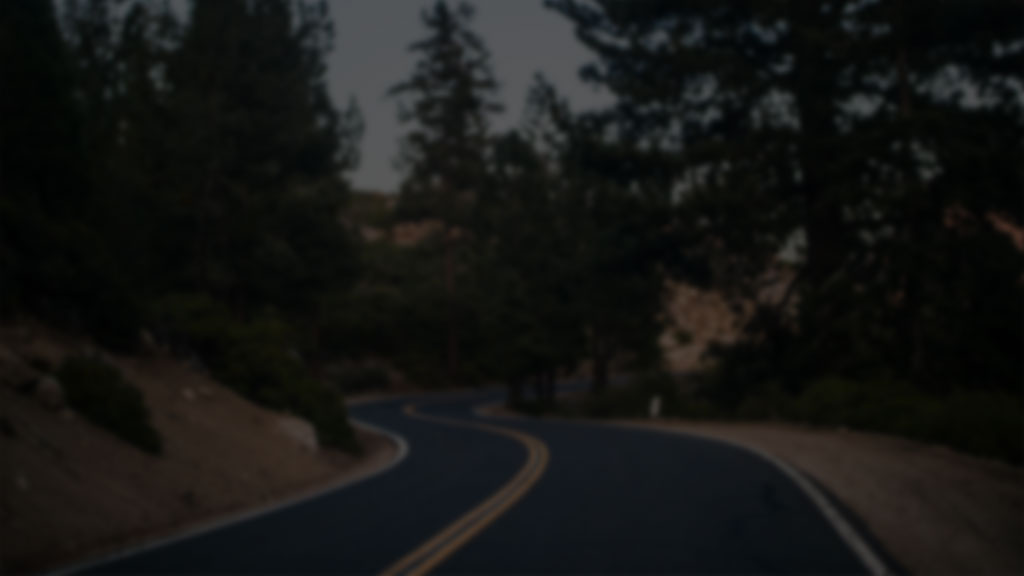Khajak Keledjian
Khajak Keledjian is the founder and CEO of Inscape, a dedicated meditation studio and mindful event space, and the founder and former CEO of Intermix, a women’s fashion brand that was sold to Gap in 2012 for $130 million. Khajak currently lives in New York City.
What is your morning routine?
I wake up at 4:45am naturally—the Ayurvedic teachings say to wake up around one and a half hours before sunrise. Once I wake up, I spend five minutes or so daydreaming in bed and breathing to acclimate before I touch my phone. Then, I take fifteen minutes to wash up, brush my teeth, etc.
I then do forty-five minutes of yoga, listening to chants and mantras or a mixture of Russian and Tibetan body movement, followed by thirty minutes of advanced pranayama (breathing). Next, I practice meditation for 30-45 minutes (and sometimes for an hour on the weekend).
I read The New York Times and scan through emails once I’m done with my yoga, breathwork, and meditation, and then I spend twenty minutes on the Simply Piano app on my iPad—I’m learning to play piano this way. Around the time I’m done playing piano, my daughters, Dalita and Ava (ages four and two) wake up. Sometimes we read a chapter of a book and I make them masala chai (they call it “special tea”); other times we’re simply playful and play hide and seek.
Then I shower and sit with my wife and children while they have breakfast. Sometimes we’ll have a quick play on the gongs because my daughter Ava loves to play with me. She’s two and a half years old and even likes to ride her bike right into the gongs!
How long have you stuck with this routine so far?
My routine started gradually about ten years ago, and I’ve had this latest routine for the past few years.
What time do you go to sleep?
I go to bed at 10:30pm and my eyes are closed between 10:45 and 11:00.
Do you do anything before going to bed to make your morning easier?
I meditate and sometimes add on a gratitude meditation. I set up my yoga mat for the next morning. I kiss my daughters goodnight and hug my wife.
Do you use an alarm to wake you up in the morning, and if so do you ever hit the snooze button?
I set my alarm as a backup—it’s reassuring, but I usually wake up naturally within five minutes of when the alarm is set to go off.
How soon after waking up do you have breakfast, and what do you typically have?
Before I start my yoga, I have hot water with lemon. Later in the morning I have my daily juice, which is a blend of grapefruit, lemon, cayenne, olive oil, garlic powder, flaxseed, and ginger. These ingredients cleanse, purify, renew, and (ultimately) protect the liver.
Do you have a morning workout routine?
Twice a week I swap my yoga portion of the morning with rowing, cycling, or the elliptical. I enjoy switching exercises because each day you feel different and your energy is different. Flexibility in your routine leaves room for your mood and what you feel like experiencing.
Can you tell us more about your morning meditation routine?
My personal practice is like a mezze platter—a bit of this and a bit of that, and it varies day to day depending on many factors (mood, location, weather, schedule, life events, etc.). It’s a mixture of the following:
- Fifteen minutes of asanas and fifteen minutes of breathwork.
- Shambhavi meditation, which happens after the postures and breathwork.
- Vipassanā, which happens naturally at the end of my meditation.
- Shoonya meditation, which I practice at the end of the day (sometimes in the bath while gazing at a candle).
Do you answer email first thing in the morning or leave it until later in the day?
No. I glance at my phone in the morning to see what might be urgent, especially because some of the world is already awake outside of our timezone. I scroll quickly through email to see if anything needs an immediate response, but generally I wait until after breakfast. Of course, if there’s anything that needs real-time attention, my team will call or message me.
Do you use any apps or products to enhance your sleep or morning routine?
I use the Inscape app’s sleep section at night—it even helps put my daughters to sleep. In the morning I use Sadghuru’s app of Isha chants, The New York Times and CNN apps, and Audible when I’m on the elliptical.
Do you also follow this routine on weekends, or do you change some steps?
I’m not too strict with myself because all of this is what I want to do, not what I have to do. Thinking about it this way makes it part of my lifestyle and not a chore.
I started thinking about how certain cultures observe the Sabbath and take a day off, and so I started taking Sunday off. After a while, I realized that starting to wind down on Friday night and then resting on Saturday was a more precise flow because then on Sunday you gradually ease your way back into the week. So, I do not practice at all on Saturdays, nor do I wake up at 4:45am. Right now, my Sunday morning routine is yoga with my daughter Dalita.
On days you’re not settled in your home, are you able to adapt your routine to fit in with a different environment?
When I’m traveling, sometimes I shorten my routine by half, or sometimes I skip it; it depends on the environment I’m in. If I shorten my routine (either in half or completely), I’ll substitute a mindful experience like walking on the beach or exploring a new place.
Our recommended sleep accessory this week is the LectroFan White Noise Machine. We only recommend three things a week that we believe will be of interest to our readers. Please take a moment to check it out.

